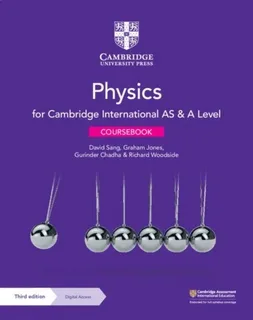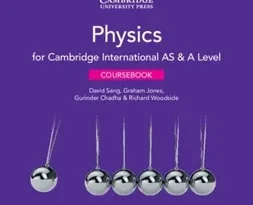Common Challenges in A Level Physics and How to Overcome Them
A Level Physics is a subject that many students find both fascinating and demanding. The depth of concepts, mathematical rigor, and practical applications can sometimes feel overwhelming. Understanding the common challenges in A Level Physics and how to overcome them is crucial for students aiming to excel in this subject.
Understanding the Common Challenges in A Level Physics
Before diving into solutions, it’s important to identify the typical hurdles students face:
1. Complex Concepts and Theories
A Level Physics covers a range of abstract concepts like quantum mechanics, electromagnetism, and thermodynamics. These topics often involve layers of theory that can be difficult to visualize and understand.
2. Mathematical Rigor
Physics at this level demands a solid grasp of mathematics, including calculus, algebra, and trigonometry. Many students struggle with applying math to physical problems, which can lead to frustration.
3. Problem-Solving Skills
Unlike many other subjects, Physics requires students to apply theoretical knowledge practically. Developing strong problem-solving skills, including breaking down questions and selecting appropriate formulas, is a common challenge.
4. Experimental and Practical Work
The practical component of A Level Physics involves designing experiments, collecting data, and analyzing results. Some students find this part daunting due to its precision and the need for careful observation.
How to Overcome the Common Challenges in A Level Physics
Recognizing the obstacles is the first step, but overcoming them requires strategic approaches:
1. Build a Strong Conceptual Foundation
Take time to thoroughly understand the basic principles before moving on to complex topics. Use visual aids like diagrams, videos, and simulations to make abstract concepts more tangible.
2. Strengthen Mathematical Skills
Regular practice is key. Work on past paper questions, focus on the mathematical techniques used in physics problems, and consider additional math tutoring if necessary. Remember, understanding the math is essential for mastering physics.
3. Develop Problem-Solving Techniques
Practice is crucial. Break down problems into smaller parts, identify what is being asked, and choose the right formulas step-by-step. Joining study groups or seeking guidance from teachers can provide different perspectives and techniques.
4. Engage Actively in Practical Work
Treat experiments as opportunities to deepen your understanding. Prepare before lab sessions, follow procedures carefully, and review your results critically. Learning from mistakes during practicals enhances both skills and confidence.
5. Manage Time Effectively
A Level Physics is extensive, so organizing your study schedule to cover all topics and revision is important. Use timed practice exams to improve speed and accuracy under pressure.
Conclusion
Tackling the common challenges in A Level Physics and how to overcome them involves a combination of strong conceptual understanding, mathematical proficiency, problem-solving practice, and hands-on experience. With persistence and the right strategies, students can turn these challenges into stepping stones for success.



